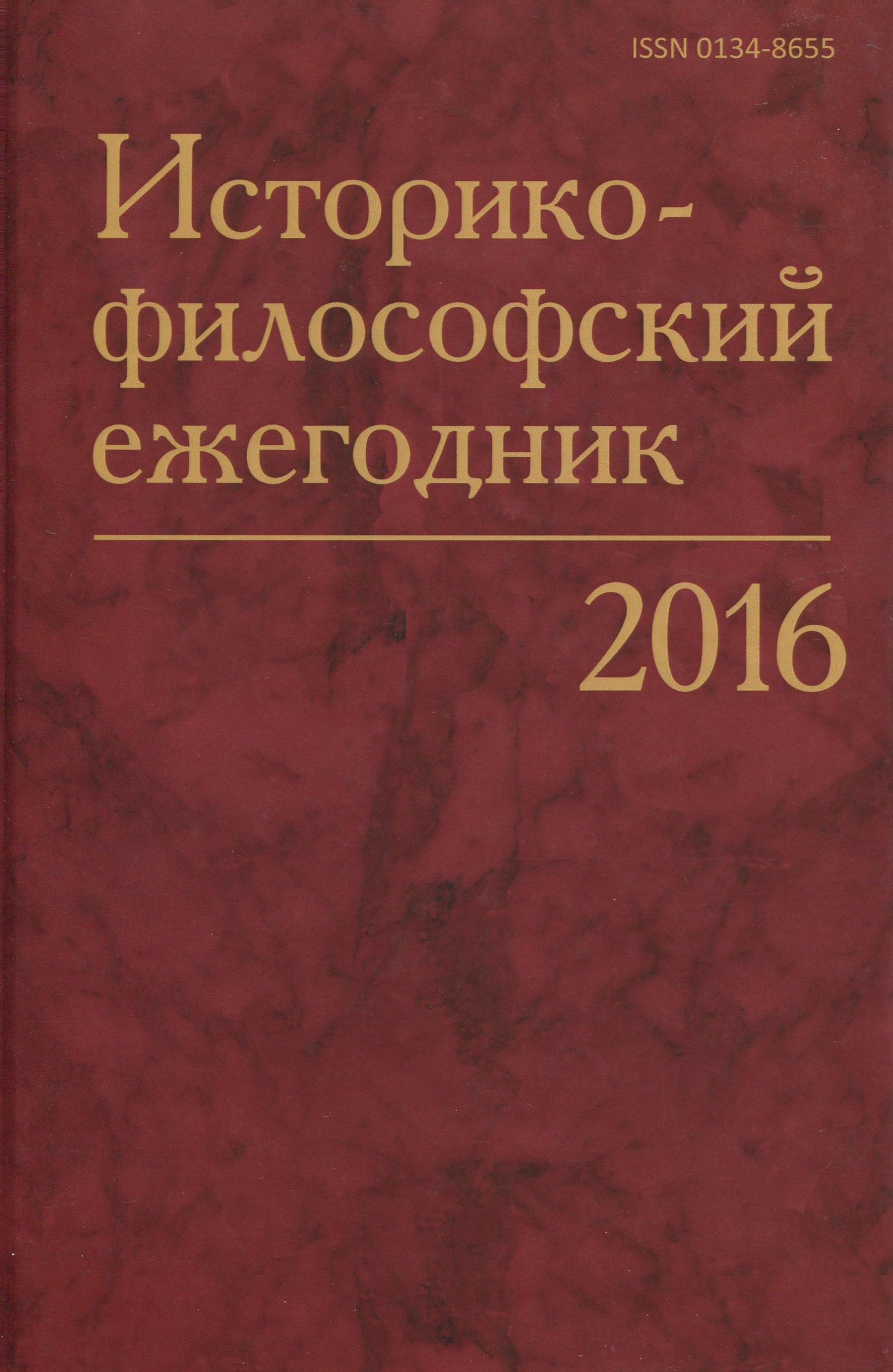Philosophy without Speculation: Kant’s Response to Aenesidemus
Keywords:
Kant, Reinhold, Schulze-Aenesidemus, transcendental idealism, scepticism, perpetual peace, reflective judgment, need of reasonAbstract
Schulze-Aenesidemus’s criticism of the systems of I. Kant and K. L. Reinhold made a big impression on his contemporaries and galvanized the development of idealism, romanticism and some less notable branches of the German philosophy at the turn of nineteenth century. Yet, it was Kant who didn’t in fact respond to that criticism. Nevertheless, the article argues that in his later years Kant produced an understanding of his own philosophy, which dodges the most part of SchulzeAenesidemus’s arguments and might be seen as an alternative to the idealistic as well as the romantic development of Kant’s ideas. According to that later understanding the concepts of ‘reflective judgment’ and the ‘need of reason’ come to constitute the grounding principles of the whole of Kant’s philosophizing, which distances Kant from Schulze as well as Reinhold, to whom the foundations of Kantian philosophy were to be sought for in the theory of cognition. It is the theory of reflective judgment that ultimately allows Kant to reconcile the task of drawing demarcation lines (which is still seen as the hallmark of Kant’s thinking by some positivist philosophers) with the strive for metaphysical unity (which became the prime preoccupation of Fichte, Schelling and Hegel).

